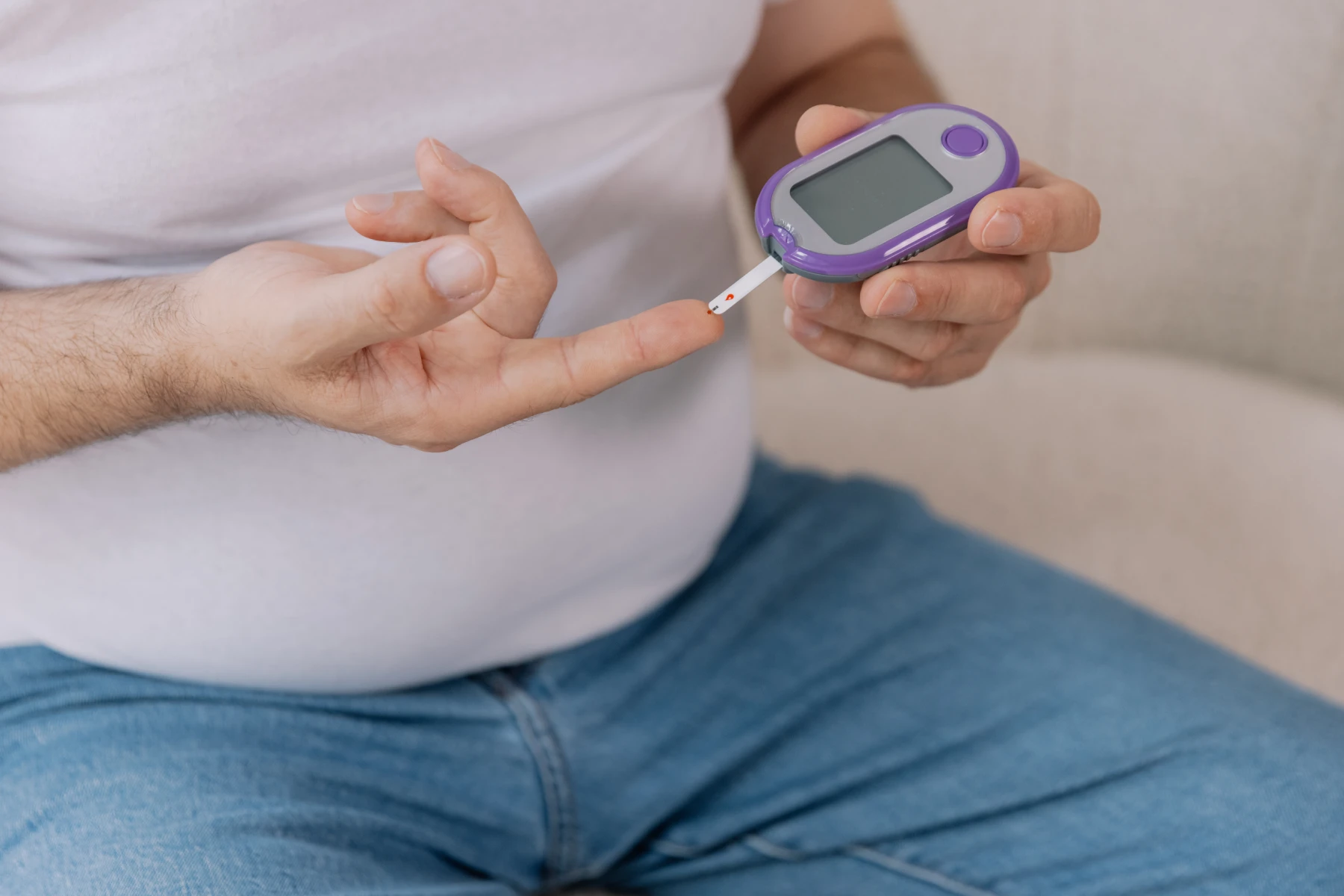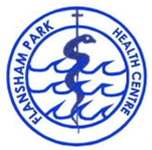We use cookies to help provide you with the best possible online experience.
By using this site, you agree that we may store and access cookies on your device. Cookie policy.
Cookie settings.
Functional Cookies
Functional Cookies are enabled by default at all times so that we can save your preferences for cookie settings and ensure site works and delivers best experience.
3rd Party Cookies
This website uses Google Analytics to collect anonymous information such as the number of visitors to the site, and the most popular pages.
Keeping this cookie enabled helps us to improve our website.
Practice News
Helping you to manage your own health
Hello, and welcome to the second issue of our practice newsletter. Summer is definitely upon us and it’s time to get out and enjoy the better weather… and hopefully better health!
The focus of this issue is what we can do to help manage our own health without thinking we need to see our GP each and every time. There is a lot we can do to help ourselves and we can’t cover everything in this newsletter but take a look at the Live Well page on the NHS website for lots of ideas and pointers towards technology we can use for our own benefit.

The NHS App - great information for our patients
The NHS App is a free and easy way to use NHS services on your phone, tablet or desktop. It’s safe and simple for most people to use.
If you are 13 or older, you can download the app from the Apple App Store or Google Play Store or visit the NHS website to find out more.
What can you use the NHS App for as a patient at Flansham Park Health Centre?
- To order repeat prescriptions
- Share your contact information with NHS 111
- Check if you need urgent medical help from NHS 111
- Request emergency repeat prescriptions from NHS 111
- Find nearby NHS Services
- Browse NHS health information and information about medicines
- Book, cancel or change a COVID-19 vaccination appointment
- Find COVID-19 guidance
- Find information about what conditions your pharmacist can help with.
You can also view the following information about yourself:
- Your GP health records
- Access digital prescriptions
- Your appointments with the surgery
- Access your hospital referrals and appointments
- Messages from the surgery
You can also see the same information about anyone whose healthcare needs you are responsible for, such as a child or vulnerable adult.
NHS App Training
We will be offering a free training session later in the summer either at the surgery or in the village. If you would like to sign up to learn how to use the NHS app, please contact us providing your name, address and how many people in your household would like to attend.

Innovation at Flansham Park Health Centre
We are always looking for new ideas and processes to help us deliver an even better service to our patients, and the latest addition to the practice will be a rather clever new module for our clinical system that will help us work faster and smarter!
This new piece of computing wizardry will look through all our patient records to check important things like:
- 4 Which patients have medical conditions that need managing this year?
- 4 Do they need any blood tests or check-ups?
- 4 Do we need to review medication again?
Right now, our systems don’t enable us to work as efficiently as possible, and relies on clinical staff gathering a lot of data in appointments. As you can imagine this is very time intensive so takes up time we can’t spend with patients. With this smart module, we can save a lot of clinical and admin time and focus more on looking after you! It relies on patients engaging with electronic questionnaires.
It can halve the appointment time a patient needs for their initial review - we’re really excited about it!

Focus on..
Diabetes and how to manage it
What is diabetes?
Diabetes is a health condition that happens when your blood sugar (also called blood glucose) is too high.
There are two main types:
- Type 1 diabetes – this happens when the body’s immune system attacks the cells in your pancreas that make insulin. People with type 1 diabetes need to take insulin every day. It usually starts when you’re younger and lasts your whole life.
- Type 2 diabetes (T2D) – this is more common and happens when the body doesn’t make enough insulin to cope with the amount of blood sugar your body is producing, or can’t use it properly. Most people who develop T2D do so as an adult (though it is not unheard of in children).
Some people get high blood sugar during pregnancy. This is called gestational diabetes. It usually goes away after the baby is born.
What is pre-diabetes?
Some people have blood sugar that’s a little high but not high enough to be called diabetes. This is called pre-diabetes. If you have pre-diabetes, you can lower your risk of developing T2D by making healthy changes like eating well, i.e., less sugar and carbohydrates, and being more active. Without doubt, the best and most recommended advice is to lose weight, as excess weight is the greatest risk factor for developing T2D.
The NHS has a special programme to help with this called The Diabetes Prevention Programme which provides advice on how to manage your blood sugar levels. You should also have a blood test once a year to check your sugar levels if you are concerned.
Why it’s important to know early
Finding out if you have diabetes early is really important. If it’s not treated, it can cause serious health problems later such as sight loss, kidney failure, heart attack and stroke.
When to see a doctor
Please make an appointment if you notice any of these signs:
- Feeling very thirsty
- Needing to pee a lot, especially at night
- Feeling really tired
- Losing weight without trying
- Itching around your private parts or getting thrush often
- Blurry vision.
Type 1 diabetes can start quickly, in just days or weeks. Weight loss is more common with type 1 than type 2. T2D can be sneaky – many people have it for years without knowing because there might not be any noticeable symptoms at all, or they’re easy to miss.
Once you are diagnosed with diabetes you will need to make some significant adjustments to your life to stay in good health, which will include changes in your eating habits, monitoring your blood sugar levels regularly, and more than likely medication. Treatment may include taking medicines, insulin by injection, or a combination of both.
It is very important to stick to doing the things you are asked to do, especially any medications you need to take. Luckily, we have very highly qualified specialists at Flansham Park; Advanced Nurse Practitioner, Lesley Goodall and Practice Nurses, Melissa Foster and Katie Green. They work very closely with the doctors to care for adults and children with diabetes.
Advice for children about Diabetes
Explaining diabetes
If you have too much sugar in your blood - that’s diabetes. Your body needs something called insulin to move sugar into your cells for energy. Without it, sugar builds up - and that’s not good!
Types of Diabetes you might get
Type 1 Diabetes
- Starts in young children and teens
- It’s the most common type in children
Type 2 Diabetes
- It can happen when you eat too much junk food or eat lots of sweet things
- More likely if you don’t move around much.
Watch out for these signs:
- Needing to wee a lot, especially at night
- Feeling super thirsty
- Feeling really tired
- Losing weight.
You should tell an adult if you feel this way.
Can I stop diabetes?
Sometimes, yes!
There’s a stage called pre-diabetes – a warning that your blood sugar is getting too high. With the right habits, you can stop it from turning into diabetes.
How?
Three ways to stay healthy:
1 Eat well
- Pick healthy foods (for example not too many carb-loaded foods, as carbohydrates turn to sugar in our bodies)
- Skip fizzy drinks
- Say ‘no’ to too much sugar.
2 Move more
- Dance, run, cycle, swim, play sporty games
- Play or do some activity for at least 30 minutes most days.
3 Stay a healthy weight
- Ask to see a doctor or nurse for healthy eating advice if you need it
- Make smart choices
- Don’t even think about smoking or vaping – they will really harm your body!
Take care of your body - it's the only one you've got!
Do you want to have your say?

The Patient Participation Group (PPG) for Flansham Park Health Centre would welcome your input into ways we can support, inform and represent all patients, to get the most out of what this practice can do for us. If you are interested in joining our group, please complete our online form.
Published: Jul 15, 2025
